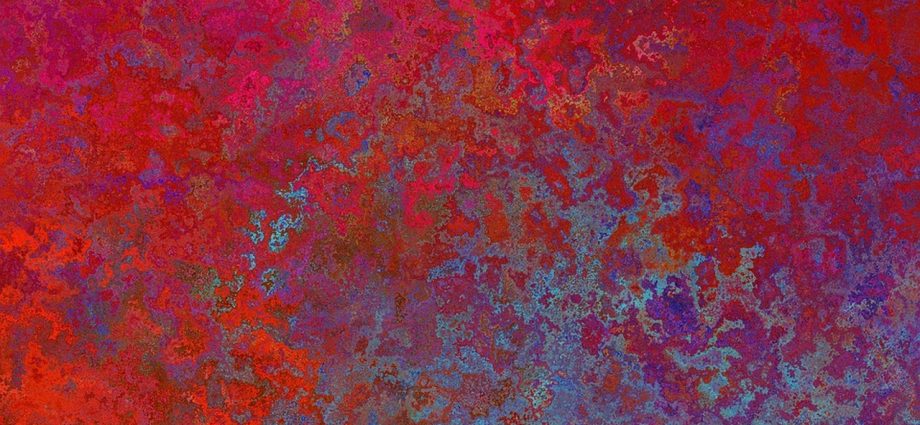The goal of fasting as a traditionally therapy in acute pancreatitis has been to “put the pancreas at rest”. Much of this belief is derived from physiological studies and not supported by evidence from prospective clinical trials.
Why are acute pancreatitis patients NPO?
Food in the stomach stimulates the pancreas to produce digestive enzymes, so patients with pancreatitis historically were kept NPO to allow the pancreas to rest.
What happens to the pancreas during fasting?
Fasting is known to cause physiological changes in the endocrine pancreas, including decreased insulin secretion and increased reactive oxygen species (ROS) production.
Can the pancreas start producing insulin again?
Researchers have discovered that patients with type 1 diabetes can regain the ability to produce insulin. They showed that insulin-producing cells can recover outside the body. Hand-picked beta cells from the islets of Langerhans in the pancreas.
Can the pancreas repair itself?
Acute pancreatitis is a self-limiting condition. In most instances, the pancreas heals itself and normal pancreatic functions of digestion and sugar control are restored.
Is acute pancreatitis curable?
Pancreatitis can’t be cured, but it can be treated with diet and lifestyle changes and medication. You can usually cure acute cases of pancreatitis with proper treatment and changes in diet. While a doctor cannot always cure chronic cases of pancreatitis, treatment options can help you manage your symptoms.
Does acute pancreatitis go away?
Acute pancreatitis usually clears up within one to two weeks. Solid foods are generally avoided for a while in order to reduce the strain on the pancreas. Supportive measures like an infusion (IV drip) to provide fluids and painkillers can help to relieve symptoms and prevent complications.
Should pancreatitis patients be NPO?
Medical management of mild acute pancreatitis is relatively straightforward. The patient is kept NPO (nil per os—that is, nothing by mouth), and intravenous (IV) fluid hydration is provided. Analgesics are administered for pain relief. Antibiotics are generally not indicated.
Can fasting lead to pancreatitis?
New research suggests that intermittent fasting may raise insulin levels, damage pancreatic cells, and increase the amount of abdominal fat.
Can I eat scrambled eggs with pancreatitis?
Can you eat eggs when you have pancreatitis? Egg yolks are high in fat, which can be hard for your body to digest when you have pancreatitis. Instead of eating a whole egg, opt for egg whites instead, since they’re low in fat and high in protein.
Can eggs cause pancreatitis?
Eggs and the Mediterranean diet
Although fatty foods, such as egg yolks, won’t damage the pancreas, they do contribute to high triglyceride levels that are a common risk factor for pancreatitis.
Does water make pancreatitis worse?
Drink more fluids.
Pancreatitis can cause dehydration, so drink more fluids throughout the day. It may help to keep a water bottle or glass of water with you.
What foods should be avoided with pancreatitis?
Worst foods for pancreatitis
- Red meat.
- Organ meat.
- French fries, potato chips.
- Mayonnaise.
- Margarine, butter.
- Full-fat dairy.
- Pastries.
- Sugary drinks.
Does eating make pancreatitis worse?
Symptoms. Most people with chronic pancreatitis have abdominal pain, although some people have no pain at all. The pain may get worse when eating or drinking, spread to the back, or become constant and disabling.
How long does acute pancreatitis last?
Most people with acute pancreatitis improve within a week and are well enough to leave hospital after 5-10 days. However, recovery takes longer in severe cases, as complications that require additional treatment may develop.
What is end stage pancreatitis?
The end stage is characterized by steatorrhea and insulin-dependent diabetes mellitus. 6) Several characteristic complications of chronic pancreatitis are known such as common bile duct, duodenal, main pancreatic duct and vascular obstruction/stenosis.
What is the best treatment for acute pancreatitis?
Treatment of Acute Pancreatitis
- Fluids. One of the primary therapies for acute pancreatitis is adequate early fluid resuscitation, especially within the first 24 hours of onset. …
- Nutritional Support. …
- Pain Control. …
- Treatment of Underlying Issues. …
- Endoscopic Retrograde Cholangiopancreatography (ERCP) …
- Antioxidant therapies.
How serious is acute pancreatitis?
It can range from mild discomfort to a severe, life-threatening illness. Most people with acute pancreatitis recover completely after getting the right treatment. In severe cases, acute pancreatitis can cause bleeding, serious tissue damage, infection, and cysts.
What color is stool with pancreatitis?
Chronic pancreatitis, pancreatic cancer, a blockage in the pancreatic duct, or cystic fibrosis can also turn your stool yellow. These conditions prevent your pancreas from providing enough of the enzymes your intestines need to digest food.
How do you fix acute pancreatitis?
Treatment for Pancreatitis
- a hospital stay to treat dehydration with intravenous (IV) fluids and, if you can swallow them, fluids by mouth.
- pain medicine, and antibiotics by mouth or through an IV if you have an infection in your pancreas.
- a low-fat diet, or nutrition by feeding tube or IV if you can’t eat.
Can you live with a damaged pancreas?
Yes, you can live without a pancreas. You’ll need to make a few adjustments to your life, though. Your pancreas makes substances that control your blood sugar and help your body digest foods. After surgery, you’ll have to take medicines to handle these functions.
How long can you live with a damaged pancreas?
Without artificial insulin injections and digestive enzymes, a person without a pancreas cannot survive. One 2016 study found that about three-quarters of people without cancer survived at least 7 years following pancreas removal.
Can I ever drink alcohol again after pancreatitis?
With acute pancreatitis, even if it was not caused by alcohol, you should avoid drinking alcohol completely for at least six months to give the pancreas time to recover.
